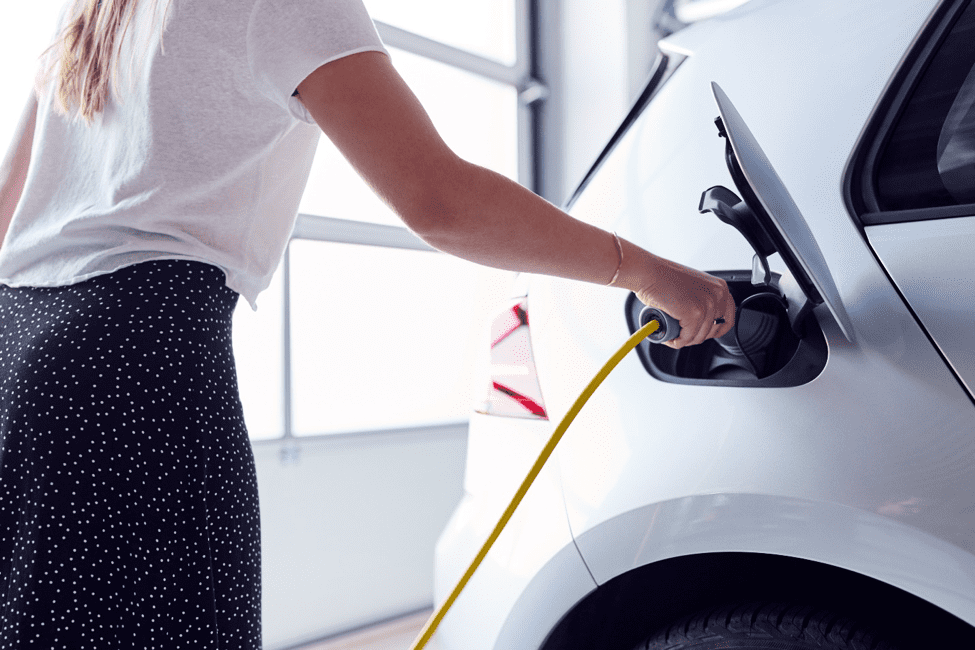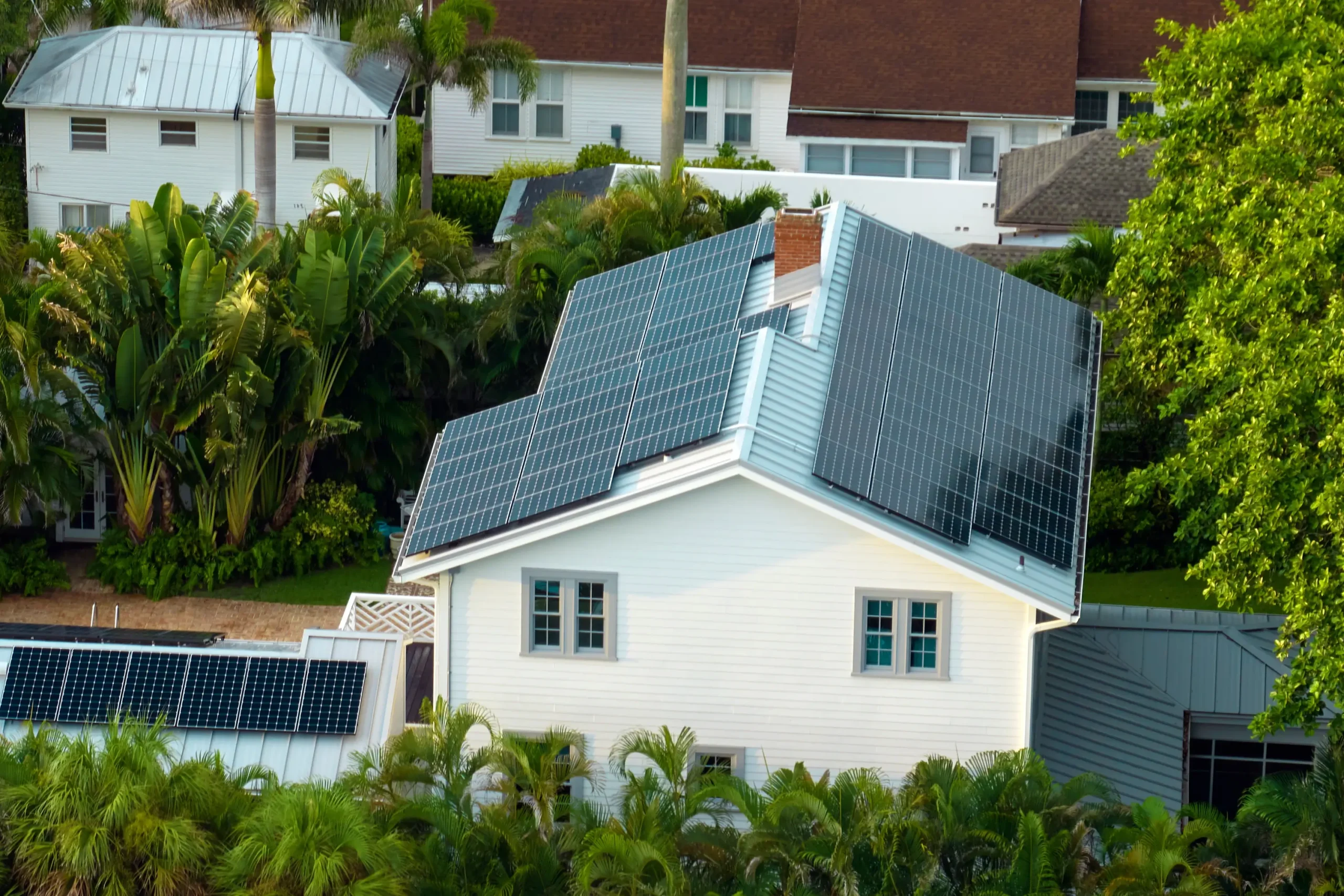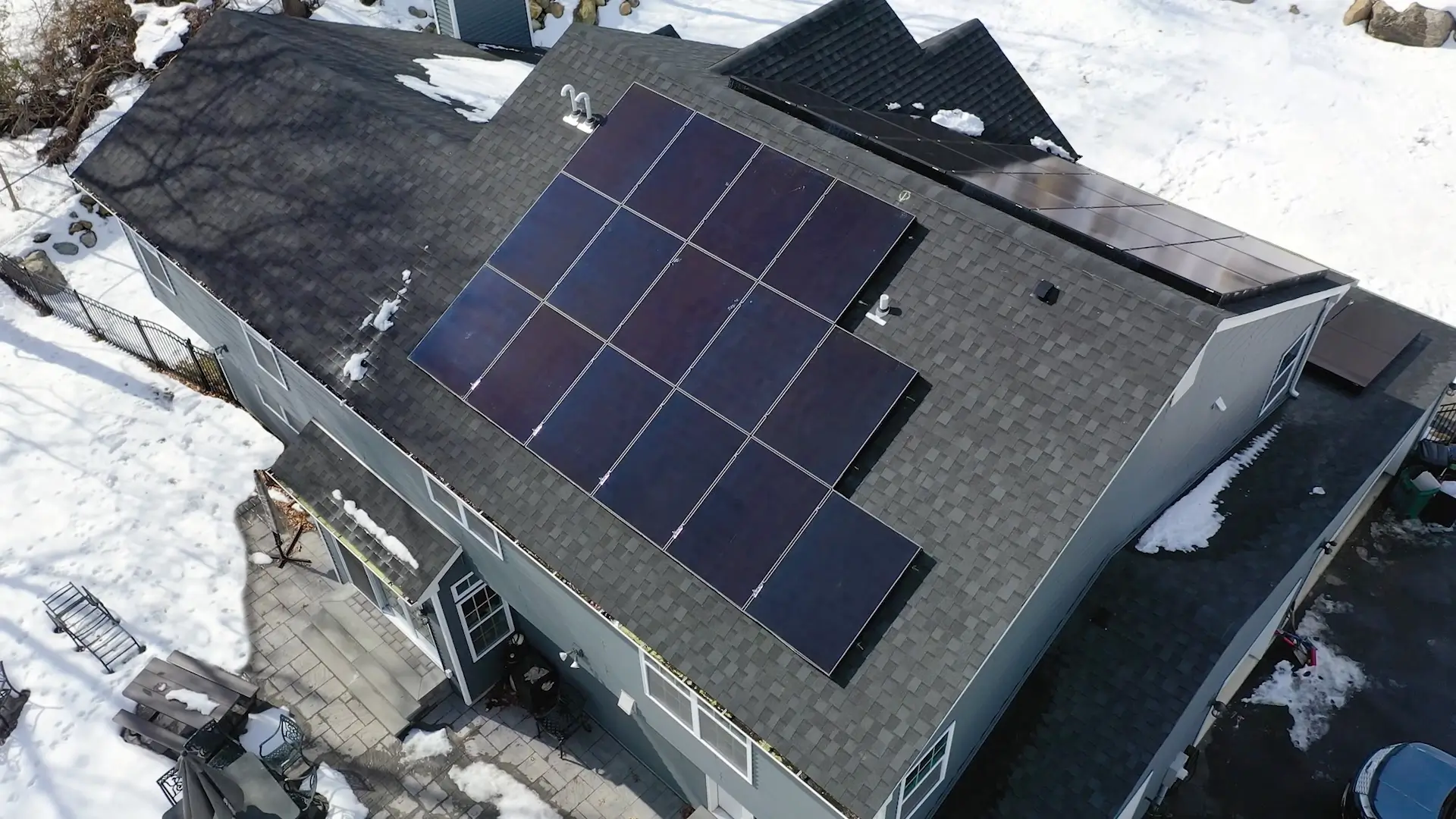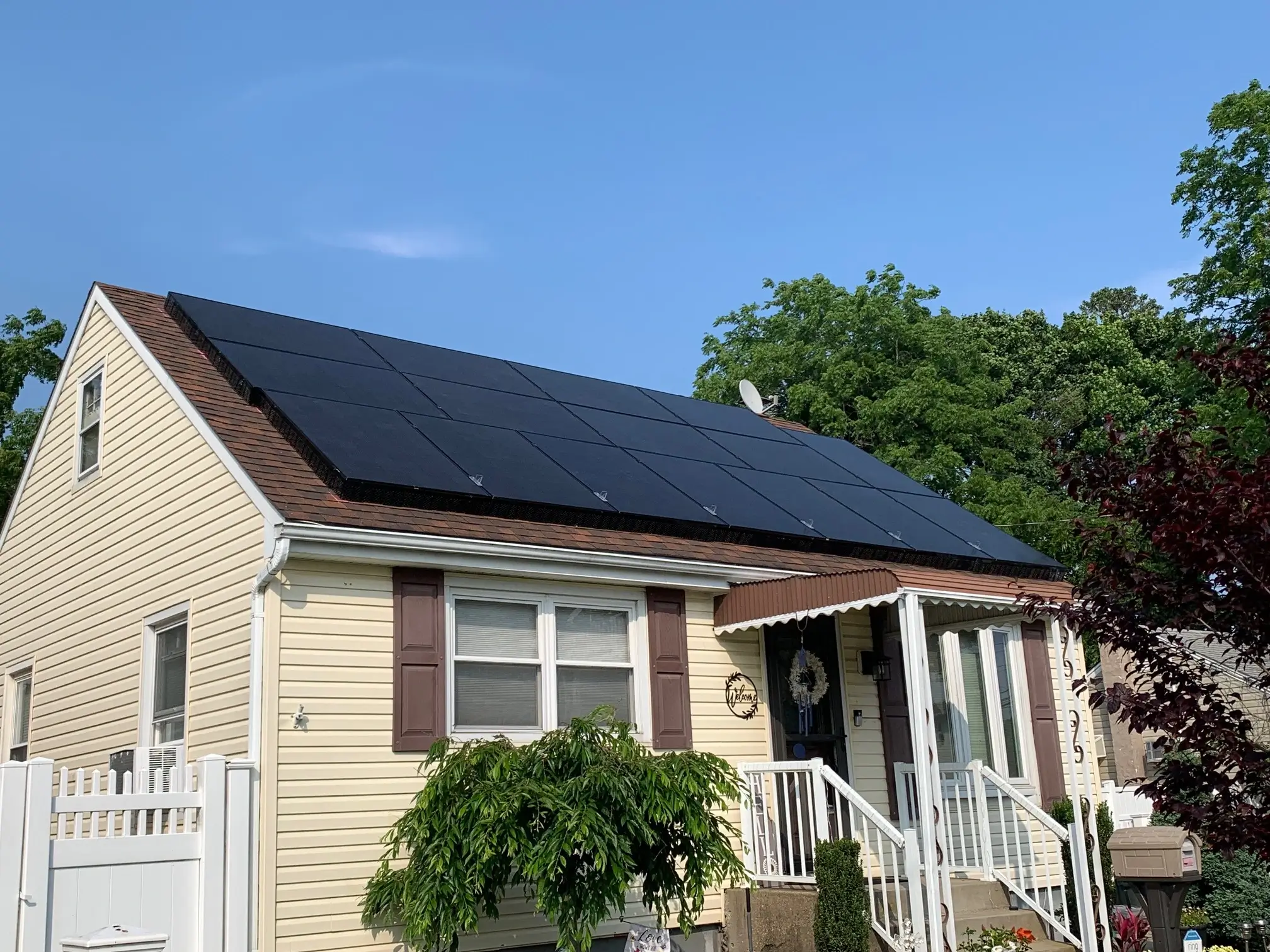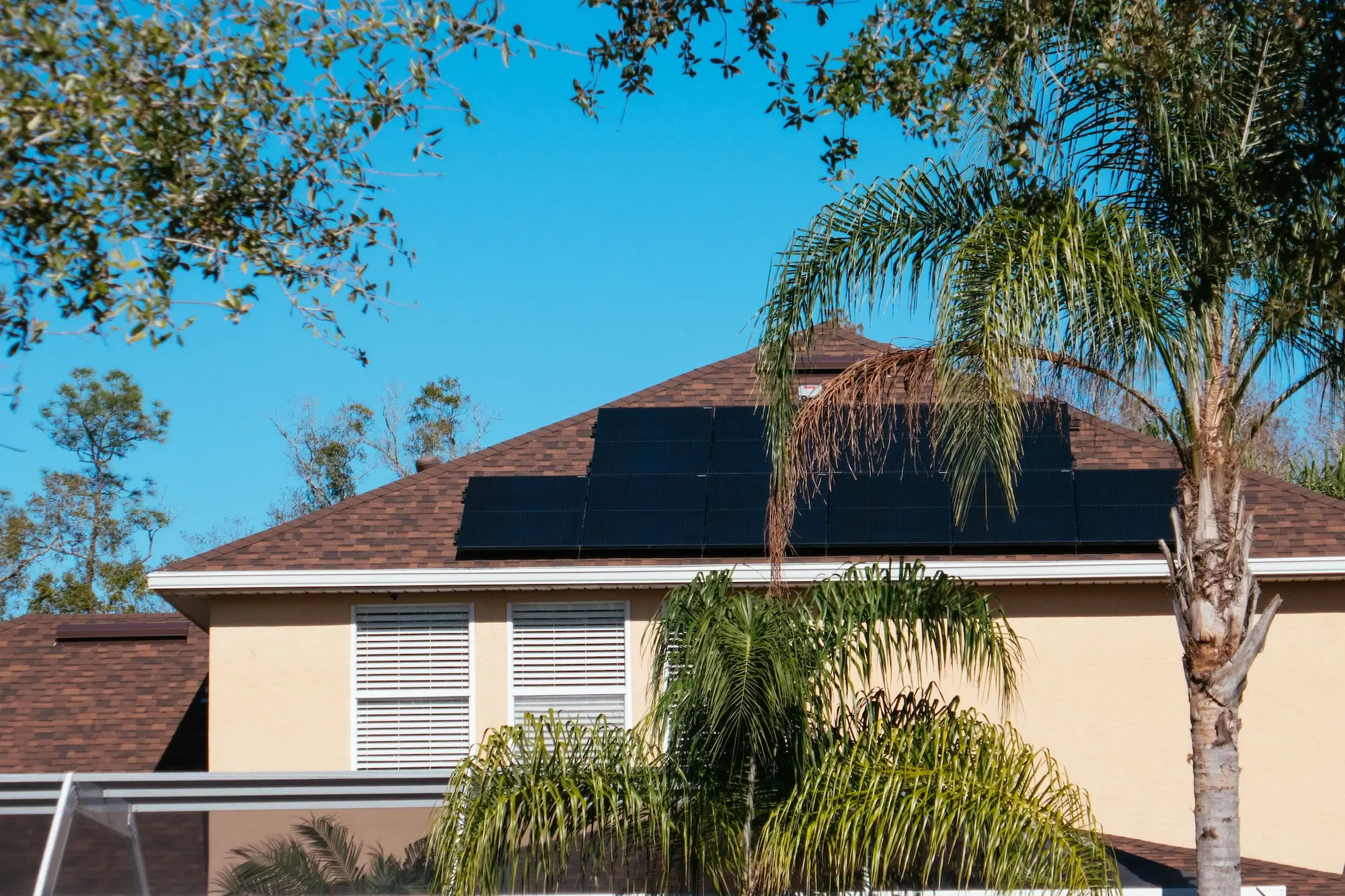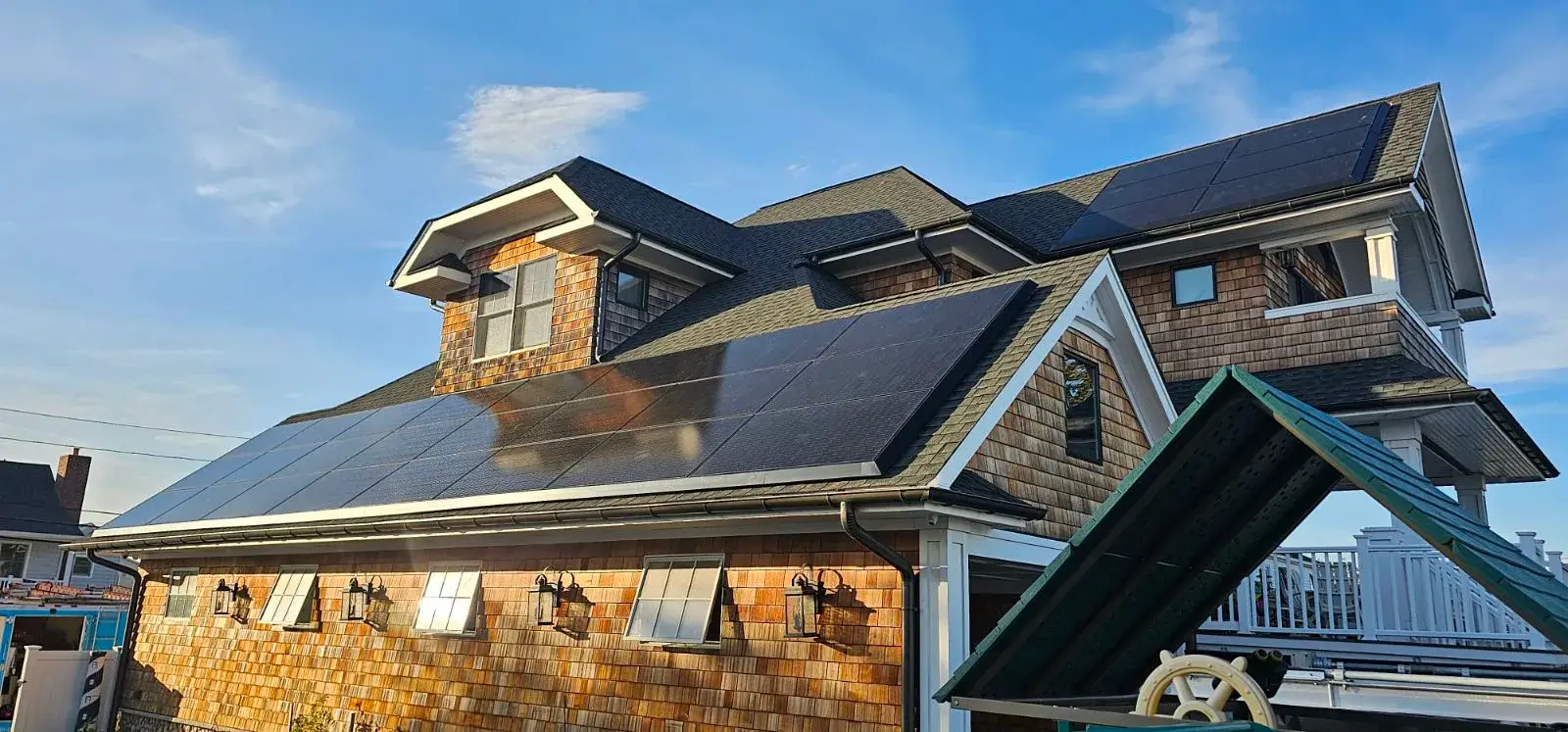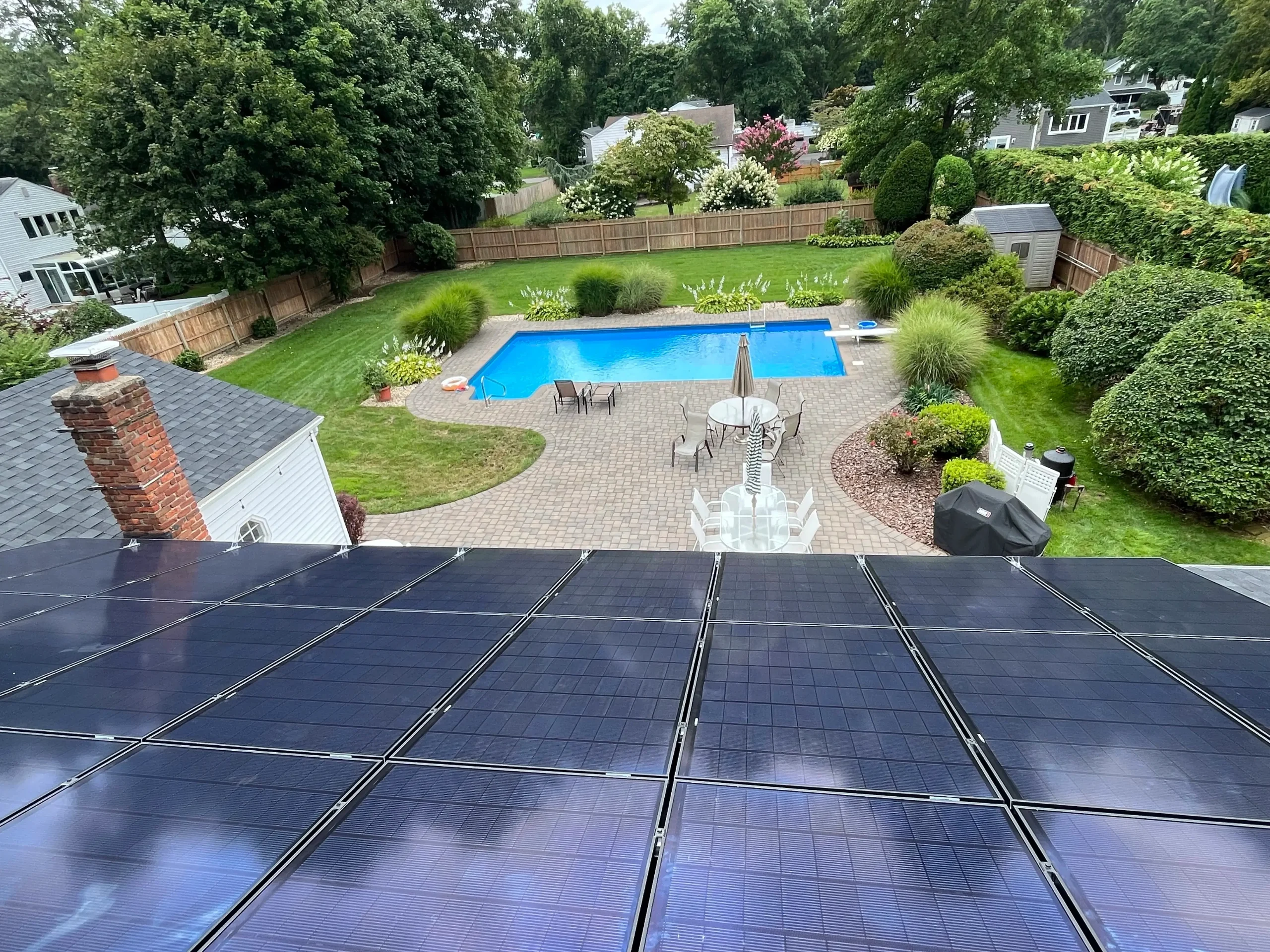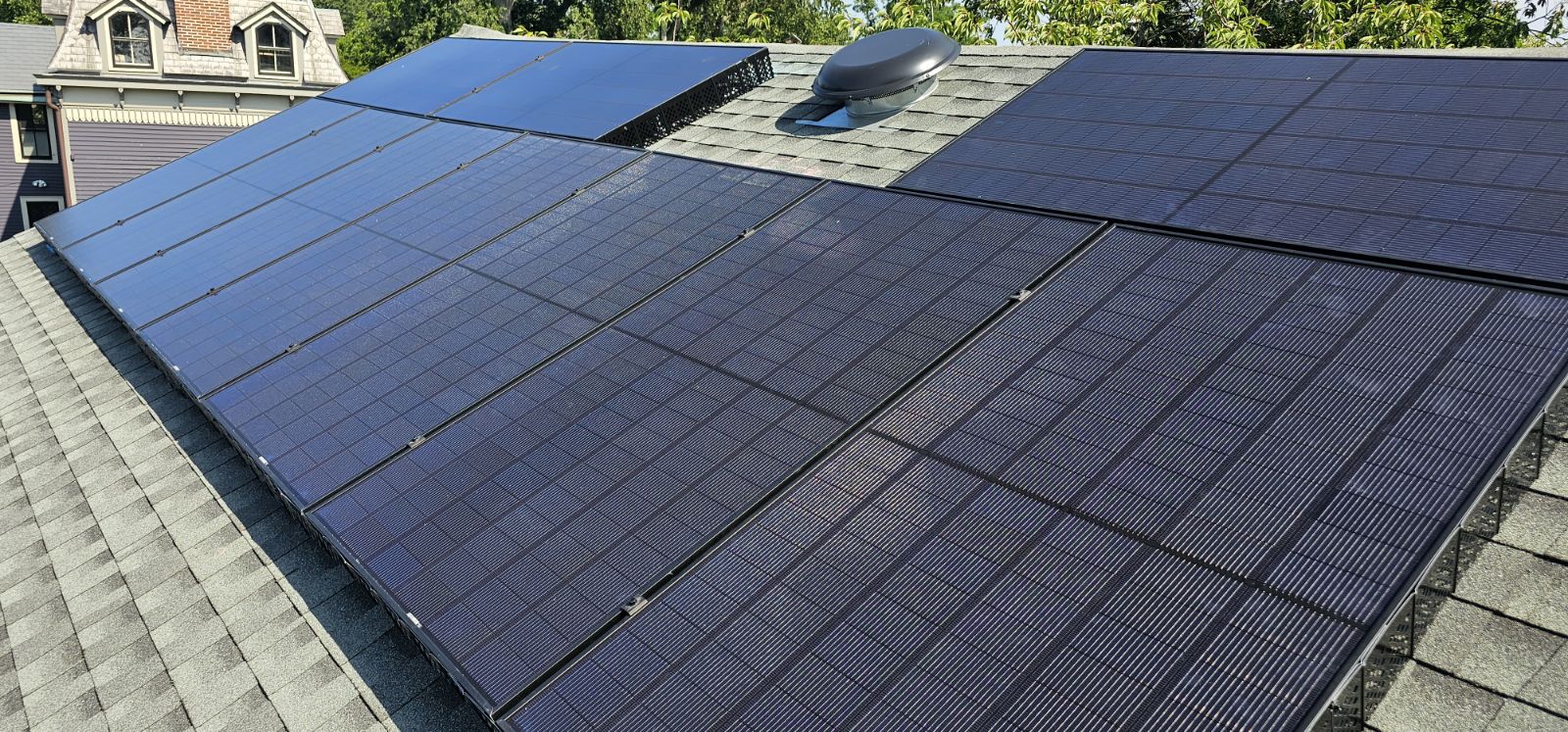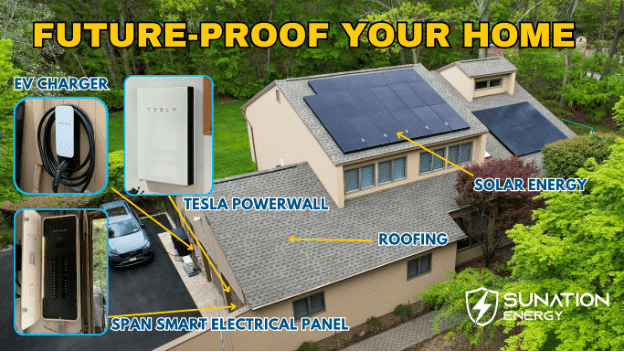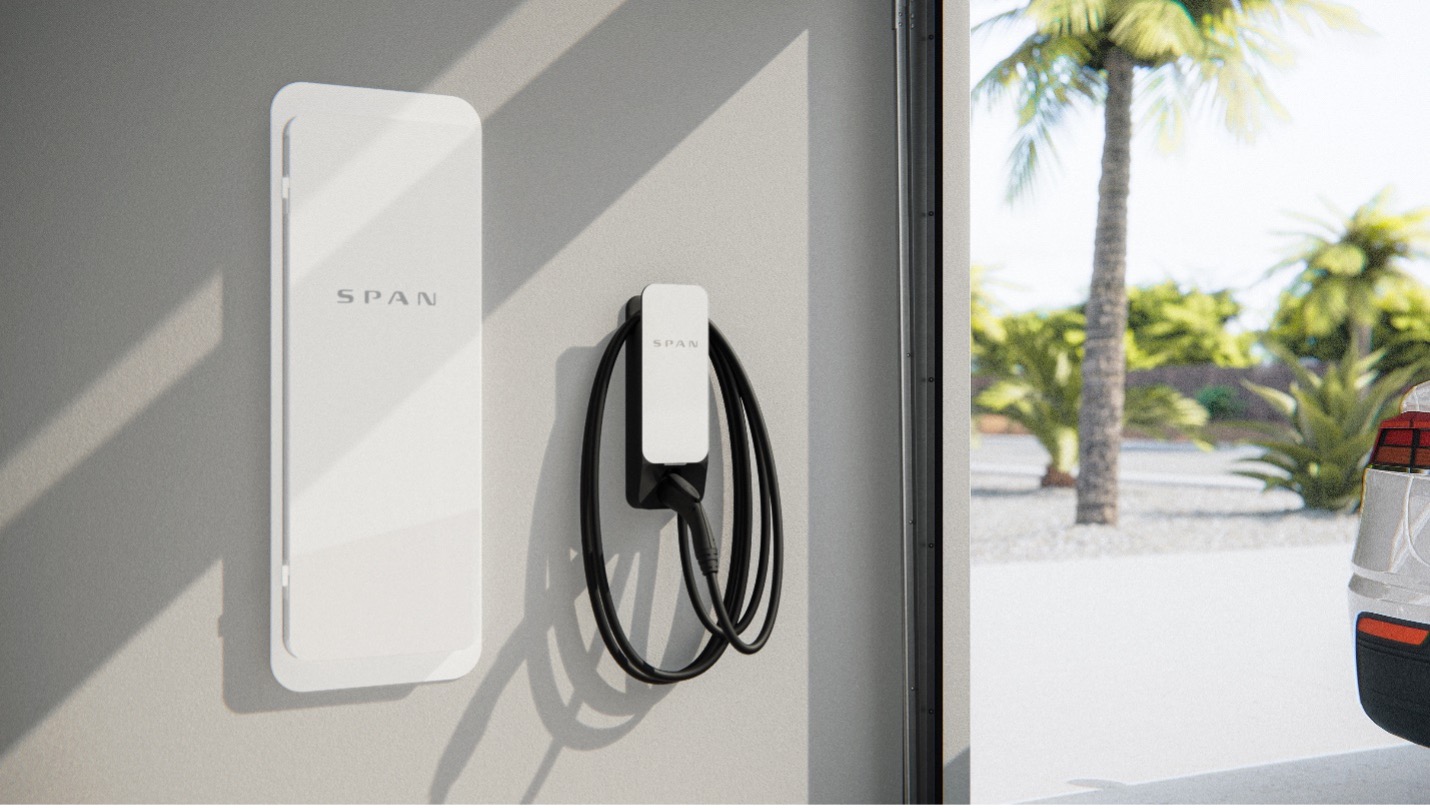
Benefits of Electric Vehicles
Electric vehicles have various benefits, such as improved fuel economy, lower fuel costs, and decreased toxic carbon emissions. Because EVs use renewable energy, they reduce greenhouse gas emissions and air pollution that’s usually emitted from exhausts. EVs are a quiet, clean mode of transportation, whereas gas-fueled vehicles require combustible materials to function. Because EVs don’t rely on harmful fossil fuels for power, the risks for explosion and fires are also greatly reduced. Electric cars require less maintenance than traditional, gas-powered vehicles; EVs don’t need oil, so no more oil changes and dangerous chemicals are necessary to keep your EV in tip-top shape. Additionally, owners of EVs often receive tax credits, depending on the make and model of your vehicle. Ultimately, electric vehicles are a convenient, low-maintenance, and practical option for eco-friendly transportation.
Types of EV Chargers
One of the biggest worries EV drivers have is figuring out where, when, and how they’re going to charge their electric vehicle. Solar charging stations come in all different shapes and sizes, and the differences are based on where they draw their power and where they can be used. EV Chargers allow you to charge your electric vehicle more quickly and efficiently while providing data and insights through integrated apps.
With the innovative solar car chargers on the market today, you can charge your electric vehicle right from the comfort of your home. Each home solar charging station has its own set of benefits, but we believe that none of them quite compare to the quality and reliability of the Tesla EV Charger and the JuiceBox EV Charger.
Tesla EV Charger
A Tesla EV Charger lets you conveniently charge your vehicle at your own home. Loaded with customizable power settings, this solar EV charger can be installed indoors or outdoors, no matter the season. The Tesla EV Charger, also called the Tesla EV Wall Connector, has a variety of mounting options and electrical systems designed to fit your unique needs and preferences. Additionally, having a Tesla EV Wall Connector will give you access to the Tesla App. The app gives you the ability to monitor and track your charger’s life and use. Once your charge is complete, the app will send you a notification so you can go about your day. The Tesla EV Wall Connector is a solar power charging station with an innovative design to offer you a seamless home charging experience.
JuiceBox EV Charger
With seamless integration, quality performance, and high speed, JuiceBox is used by thousands of EV drivers across the country. JuiceBox EV Chargers use the universal J1772 charging standard, which can charge any electric vehicle on the market today. With the correct adapter, you can even charge a Tesla using a JuiceBox. Reliable and cost-effective, JuiceBox creates an effortless home charging experience for EV drivers. JuiceBox connects to WiFi, and the JuiceNet mobile app and web portal allow you to monitor and schedule your next charge. You can even create a daily charging routine and sign up to receive notifications for when your car needs to be charged or is finished charging.

How Solar Power Works with EV Charging
Solar power is a free and precious renewable resource we can use to power our homes and vehicles. When solar panels create electricity, no greenhouse gas emissions are released into the atmosphere. Solar power simply uses sunlight to create electricity, and the sun provides more energy than we’ll ever need or even be able to use in its entirety. Further, solar power and other forms of renewable energy reduce our reliance on petroleum and fossil fuels that wound our environment and our health. So, why not use a clean source of energy, especially when it doesn’t cost anything to use it? Ultimately, electric vehicles are an investment in our world’s collective future as well as your own family’s financial and environmental wellbeing.
Using solar panels to charge your EV is the cheapest and cleanest way to power your vehicle. Solar power produced from your home’s solar system is cheaper than using the grid, so when you use solar power to charge your electric vehicle, you maximize your energy savings.
When you own a solar energy system, you qualify for federal and sometimes state solar tax credits. This brings down the cost of powering your home and gives you additional savings when it comes to charging your electric vehicle. Your home and vehicle can run on clean, renewable energy and save you a bundle in the process.
How Many Solar Panels Are Needed to Charge Your Vehicle?
There is no one right answer to this question because the number of solar panels you need depends on the following factors:
- Type of car
- Size of the battery your car uses
- Efficiency of your home solar panels
- Hours of sunlight the panels receive
Home solar energy systems are usually big enough and powerful enough to handle completely charging your electric vehicle. As an estimation, between eight and fourteen solar panels should be able to fully charge your electric vehicle. For more specific figures, our SUNation team can help you determine how many panels you need to charge your home and vehicle.
If you would like to learn more about electric vehicles and solar panel car chargers, please contact a SUNation Specialist today by calling (631) 750-9454.
